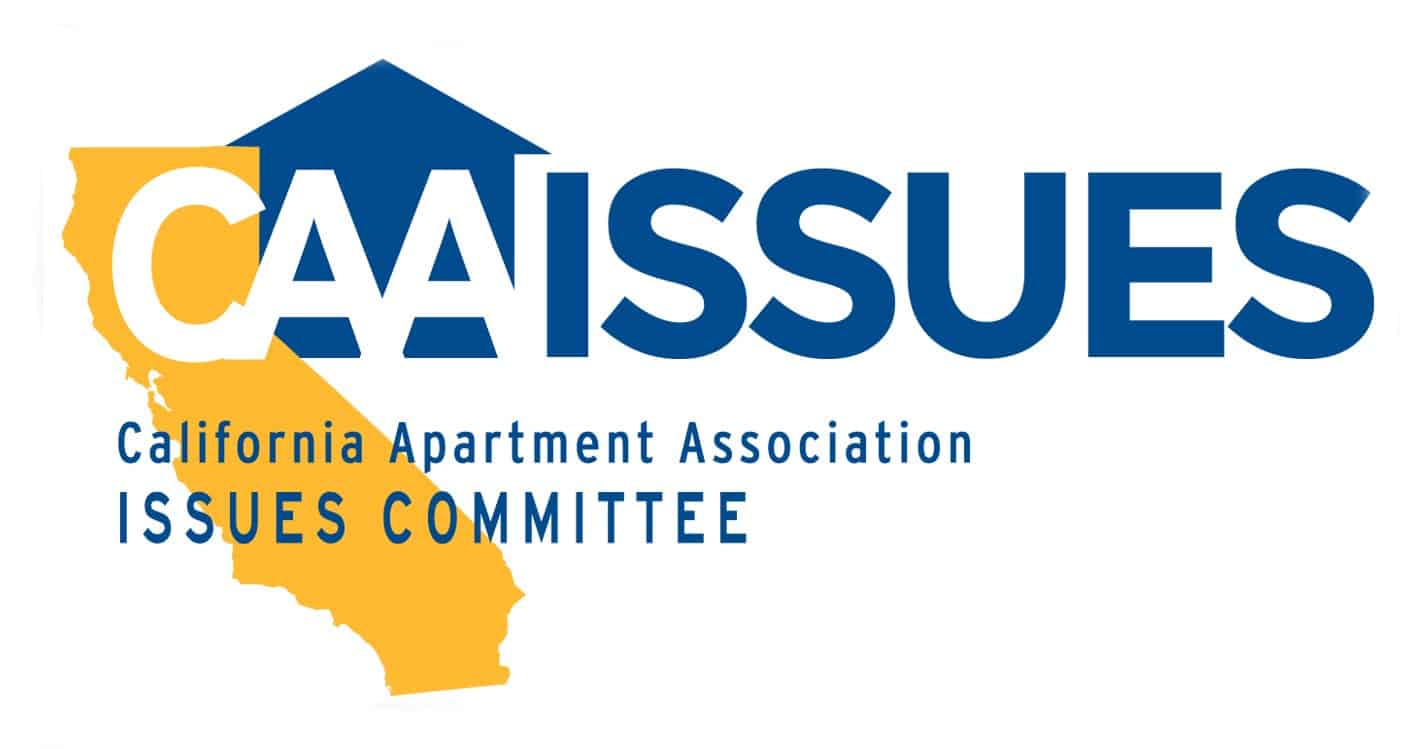Every owner and manager offering residential property for rent should screen all applicants prior to renting the property. Written screening criteria will help rental property owners attract qualified applicants and quickly identify applicants who do not qualify. To avoid claims of discrimination, the same screening criteria should be applied to all applicants, and the first applicant to meet the criteria should be accepted. CAA recommends that owners have their written screening policies reviewed by an attorney prior to implementation. CAA provides a variety of resources to assist CAA members in complying with the fair housing and fair credit reporting requirements when screening applicants.
How CAA Can Help
Resident Screening Services: CAA provides resident screening services at a discount through CAA’s authorized service provider. Credit reports, eviction search, criminal search and employment report are just some of the screening reports offered. Rental housing owners and managers may collect a screening fee from all prospective residents subject to provisions of the law. Call 800.967.4222 for additional information about CAA resident screening services.
Managing Rental Housing Reference Book: Provides valuable information regarding screening criteria, rental application screening fees, copies of credit reports, adverse action notice and other important screening topics.
Informational Resources: CAA’s online reference library allows members to access information regarding developing appropriate screening criteria, checking applicant’s credit, The Federal resident screening litigation, screening for criminal history, and the Federal Identity Theft Rule. Additional materials available include legislative briefings, updates on pending litigation and background papers on resident screening issues.
Resident Screening Information: Call 800.967.4222 to inquire about resident screening products, services and information.
The most cost-effective way to keep yourself out of court!
Whether you have a rental home or multiple apartment communities, it’s important to screen your applicants. It’s money well spent when you consider the hundreds, even thousands of dollars you could spend evicting a troublesome tenant. Odds are, the tenant you may have to evict later has a history of non-payment or nuisance. Find out their history before you rent to them through proper screening of all applicants. Screening applicants today means more than running a retail credit report. For example, a retail credit report won’t provide you with unlawful detainer (eviction) filings and judgments. Spend a little extra money and be more informed about the person about to move into your rental property. Get a report package which provides you data about eviction history and retail credit information. Additional services may include a search of NSF checks, or criminal history.
Legal Responsibilities When Screening Applicants
Fair Housing Starts Here: Screen all applicants — don’t discriminate and only screen some applicants and not others. Fair housing practices start with the application process. To avoid the appearance of discrimination, use the same credit searches on all applicants. Consult with a knowledgeable fair housing attorney prior to incorporating criminal background checks into your screening process.
Fair Credit Reporting Act: Under this act, you are prohibited from obtaining a credit report under false pretenses; you are required to use credit reports for legitimate business purposes only; and you are prohibited from disclosing any information contained in the report(s) received. Please see the Service Agreement for more details.
Receipt for Resident Screening and/or Credit Checking Fees: Available from CAA – Form 3.5 (Receipt for Tenant Screening/Credit Checking Fees) or as a tear-off receipt on the Application to Rent (Form 3.0-R)
Rental housing owners and managers have the legal authority to collect a screening fee from all prospective residents. The law stipulates that:
- Owners are allowed to charge prospective residents a screening fee to cover the costs of obtaining and evaluating information to make an educated rental decision. The initial law provided that in no case can the amount of the application fee charged by the owner be greater than $30 per applicant. This fee may be adjusted annually by the owner commensurate with an increase in the Consumer Price Index. Visit www.caanet.org/kb/max-screening-fee for the current maximum amount you can
charge for a screening fee. - Unless the applicant agrees, the law prohibits owners from charging a fee when they know that no rental unit is available and requires owners to return the fee if they do not perform a background check.
- The owner must provide the applicant with an itemized receipt for the money paid.
- Upon request, the owner must provide the prospective resident with a copy of any credit report obtained.
